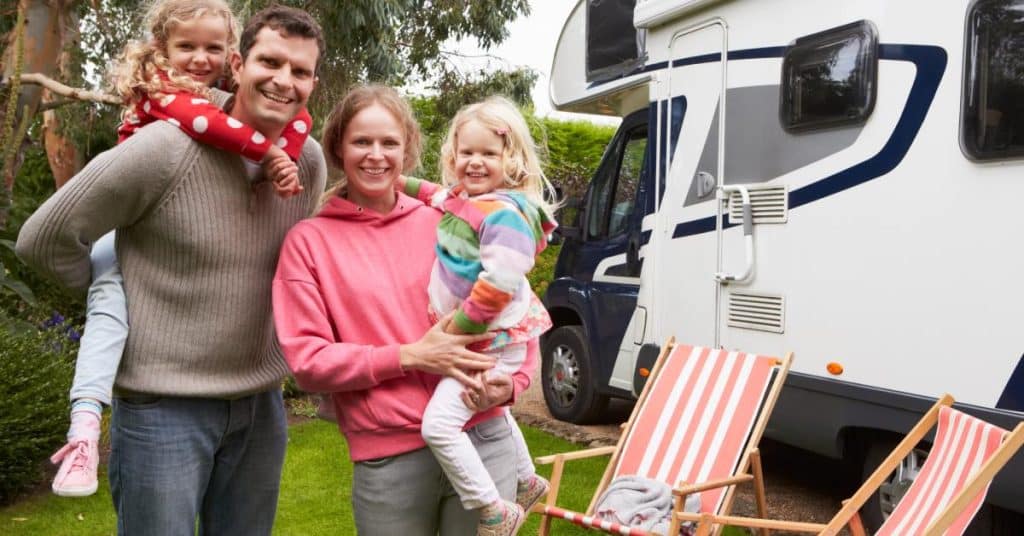There is nothing more frustrating for a parent than dealing with challenging behavior in a child who is unable to dictate what’s going on inside. You want to be in tune with your children, but there’s only so much you can do to improve your child’s behavior by yourself. The trouble is that most parents don’t realize that young children who are displaying behavior that is difficult isn’t about disrespect: it’s about miscommunication.
Children need to be able to communicate their needs and they do this loudly and often. Newborns cry to communicate and it’s not much different as they get older. How can anyone expect a child to be able to articulate their challenging emotions when they can barely talk? There are some issues with challenging behavior in children, but with the right support you can ensure that you are able to get to the bottom of it. Positive responses to challenging behavior are tough for parents. When you’ve been raised by the generation that demands respect rather than earns it, it can be easy to copy the habits you were raised with. This is where you get to break those habits and do better by your children. So, how can you help challenging behavior? Let’s take a look:
- Be clear with your expectations. You cannot expect a toddler to demonstrate a level of restraint. You can, however, expect to teach them to listen to you by giving singular instructions. Don’t give a small child a laundry list of things to do, but ask them to do things one by one. This way, every task they can do you can praise them and uplift them and avoid the potential challenges that happen in the first place.
- Stay calm. Your tone, your mannerisms, your body language: these are all things that have to be calm if you hope to get through to children of all ages. You need to keep your head and not lose your temper so that you can demonstrate emotional regulation to your child. When you demonstrate it, they can learn it from you and this can make all the difference.
- Always say thank you. If you ask your child to do something, thank them when they do it. Recognition of their hard work and effort is as important for positive behavior reinforcement as anything else. You’ll teach children to appreciate the things that others do for them and praising their positive behavior is as important as anything else. Challenging behavior happens when they are communicating; so communicate right back!
- Include them in decision making. You can have rules at home but including your children in deciding what those rules are is important. Children respond well to boundaries but they also like to have a say, a little control. You have the chance to give that to them by empowering them to help with the rules and decisions. When you do this, you can knock challenging behavior on the head from the get-go!



